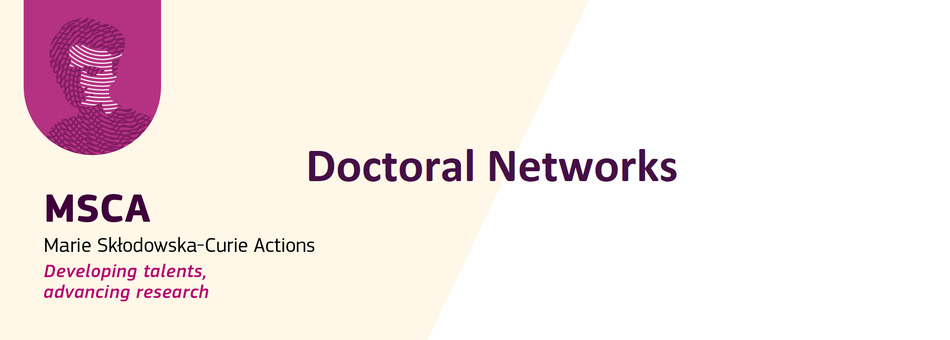Expected Outcome:
Project outputs and results are expected to contribute to the following expected outcomes:
- A full understanding of the business model, labour, financial and commercial barriers to the take up of innovative low and/or zero emission solutions for waterborne transport, including consideration of ship financing and investment structures, charter and other contracts.
- Identification of potential solutions to overcome business model and commercial barriers to the take up of innovative low and zero emission solutions in waterborne transport.
- Understanding of the industrial capacity and how it would be scheduled to retrofit and/or replace the current European fleet to meet 2030 and 2050 emission reduction and pollution targets. Considering all vessels operating within the European region, including inland waterway transport vessels, short sea shipping services (including ferries and cargo vessels), cruise and offshore vessels;
- Increase commitment from the wider waterborne sector, including finance, contracting insurance, charterers, operators, owners, public stake holders, technology providers as well as civil society towards recognizing the importance of European waterborne transport, its environmental objectives and the consequential economic impacts.
Scope:
The European Green Deal sets ambitious objectives to transform Europe into the first climate neutral continent by 2050 This presents a valuable opportunity for the European industry, and in particular for the waterborne transport sector, where Europe leads in high technology and green energy efficient shipping development. Also digitalisation has an impact on reducing emissions and increasing efficiency, while increasing safety, security, and reliability of the waterborne transport, and therefore is already impacting the business models and dynamics of the sector.
Whilst Europe is still a worldwide leader in advanced, digital and green shipping, there is a lack of take up of new technologies within the wider waterborne transport market. In part, this is a reflection of the sectors' conservatism and reluctance to change unless driven by regulation. It is also hindered by the complex commercial structures and finance models which can distance the interests of ship owners who commission new builds, financiers who commoditise vessel value by type, operators who can benefit from lower fuel consumption as well as cargo owners who may benefit from ‘environmentally friendly image’ and final points of sale where the use of low emission shipping can be a potential commercial advantage. Whilst new business models and labelling schemes to better incentivize green shipping have been developed, they are yet to be widely established and are largely unknown. There is a need to objectively analyse the segments of the waterborne transport sector, and within each segment characterize the business models, identify the barriers to the take up innovative low and zero-emission waterborne transport solutions and in cooperation with the stakeholders to propose commercial models which can provide a better incentive for increasing the investment in low or zero-emission solutions in the European waterborne transport sector.
Furthermore, it is important to increase awareness of the public and the broader non research waterborne sector about the economic and environmental importance of the European waterborne transport sector, highlighting its commitment, ability and opportunities to develop and implement competitive solutions which will meet the ambitious objectives reflected in the European Green Deal.
To ensure a coordinated approach to develop zero-emission, digital, automated and competitive European waterborne transport the participation of all types of both private and public stakeholders, including financiers, charterers and others within the commercial side of the waterborne business community should be envisaged. Cooperation with relevant existing initiatives, like the European Sustainable Shipping Forum, CESNI, the Waterborne Technology Platform and others, will be key. In addition, it should be ensured that proposals take into account the results of relevant R&I projects (including Horizon 2020 and Horizon Europe) and relevant studies. Proposals should address all of the following:
- Identify business models and the financial and commercial barriers to the take up of innovative low and/or zero emission solutions for waterborne transport. The financial investment, labelling and contract structures as well as the new possibilities enabled by digitalisation should be considered. An analysis of the different responsibilities and business motivations between charterer, cargo owner, ship owner, point of sale etc. should also be taken into account.
- Analyse the needs and timing to retrofit and replace the current European fleet (including inland waterway transport vessels, ferries, short sea shipping, cruise ships and offshore vessels). The analysis should be combined with an overview of the European capacity (with respect to technology and skilled workforce) available to retrofit these vessels and identify any capacity gaps for the timely implementation of the European Green Deal emission targets;
- Provide an analysis of where disincentives exist to the increased deployment of innovative low and/or zero emission and smart shipping, within different market segments/ The analysis should consider for example the investment decision cycle: finance models, bunkering and fuel supply infrastructure, availability, longevity and costs of technologies, possibilities to retrofit/build a vessel timely, properly skilled workforce, etc. and propose incentives and improvements to the business models such as new contract models and financing structures.;
- Organise specific communication and exploitation activities towards relevant stakeholders outside the participants of the project to ensure that all stakeholders from EU Member States/Associated countries are informed about the solutions developed;
- To assure a beneficial societal impact from the activities, relevant social science and humanities expertise are expected to be taken into account, including the active contribution from SSH experts and/or institutions.
This topic implements the co-programmed European Partnership on ‘Zero Emission Waterborne Transport’ (ZEWT). As such, projects resulting from this topic will be expected to report on results to the European Partnership ‘Zero Emission Waterborne Transport’ (ZEWT) in support of the monitoring of its KPIs.





